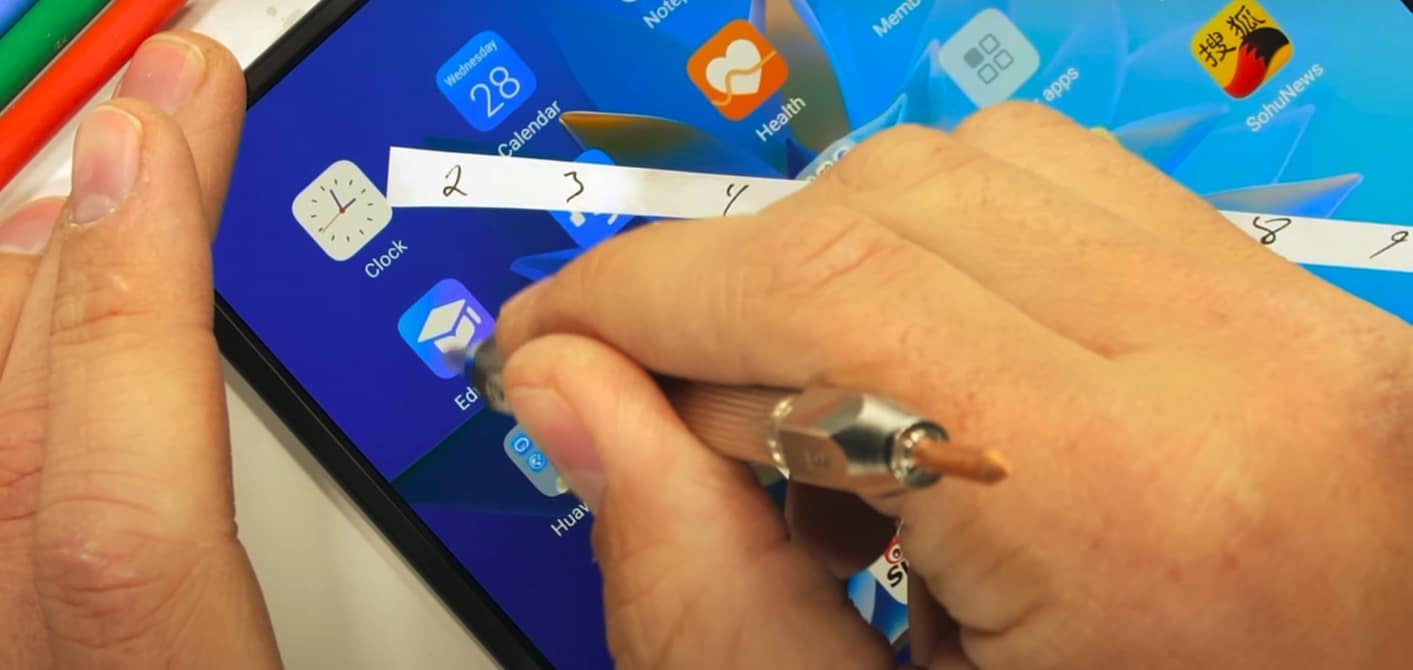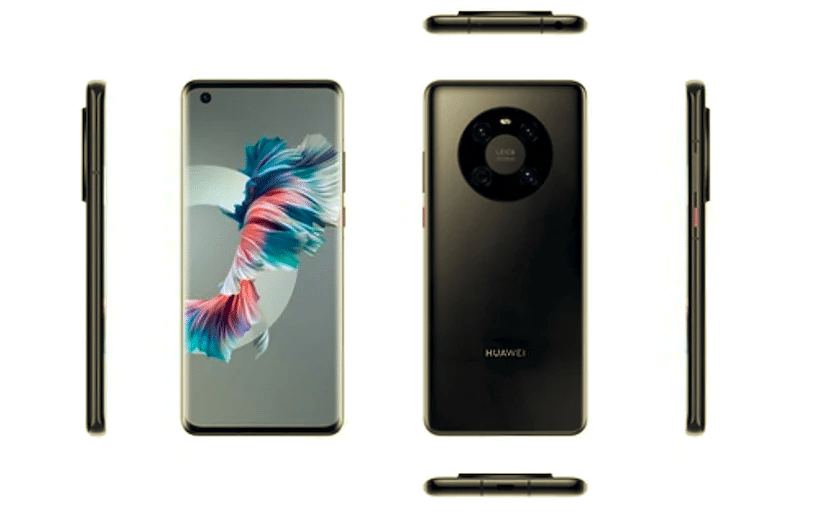
Huawei and ZTE have not had an easy go of things in the United States, but the pair of companies may have another road block ahead of them.
A new report from Reuters this week outlines a plan that has apparently been in the works for about eight months already, one that would see the complete exemption from any participation in the rollout of 5G network technologies in the United States. The new executive order would be carried out by President Donald Trump, and would not need approval by Congress. If signed, it would use the argument of national security to remove Huawei and ZTE from any part of the 5G rollout in the U.S., including their network hardware.
The executive order would make it so that no American wireless carrier would be able to buy equipment from Chinese manufacturers at all, but the biggest hit will be to Huawei and ZTE. And the EO would impact cellular towers as a whole, rather than phones purchased by individuals. So folks in the United States can still technically buy phones manufactured by both companies if they so desire, even if the EO is signed by the President of the United States.
What happens with the rollout of 5G following the signing of the EO remains to be seen. However, it is not likely to cause any major setbacks or holdups for the wireless carriers in the United States, even if they do have to make changes. However, Huawei’s Chairman, Guo Ping, weighed in on the matter:
[via Bloomberg; Reuters]“Barring Huawei from participating in various 5G markets is like an NBA game without all-stars. You can’t play to the highest possible technical standards.”








